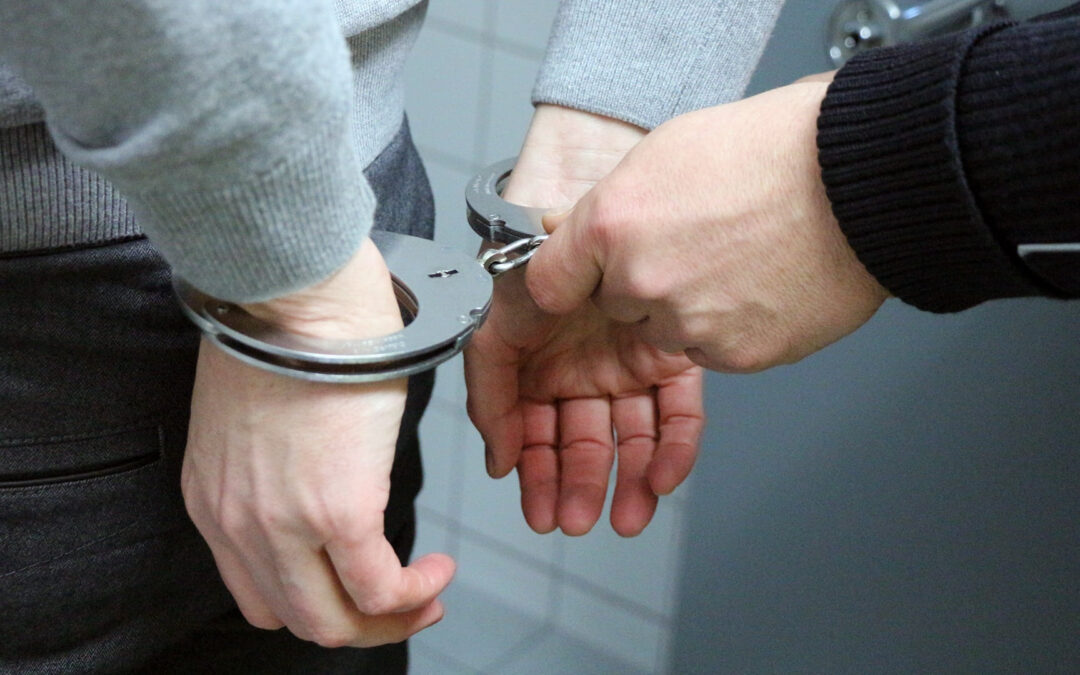
Changes to Emphasis of Hate Crime?
Hate crime carries with it significant punishments. Here we look at proposals which might shift the emphasis of hate crime offences.

Hate crime carries with it significant punishments. Here we look at proposals which might shift the emphasis of hate crime offences.

The disclosure of criminal offences can harm chances of employment. But a recent proposal could make it easier for people to get back working.

The Law Commission has written a report advising the Government to clampdown on online abuse – and in particular on social media.

Back in March more than 50% of courts closed due to the Covid pandemic. There were already huge backlogs, so how can the courts cope?

Can indictment errors have an impact on a case? Here we look at indictments and how they can lead to miscarriages of justice.

The Official Secrets Act protects the United Kingdom against the leaking of sensitive information and spying – and has become ever more complex.